Oxbow Animal Health Simple Harvest Adult Guinea Pig Food, 4 lb.
Oxbow Animal Health Simple Harvest Adult Guinea Pig Food is formulated to nourish your pet the way Mother Nature intended. We begin with hand-selected Timothy Hay for guinea pigs for effective digestion and add wholesome ingredients and vital nutrients to support daily function and performance. In this bag, and beyond, we promise only the best for your pet.
Oxbow Animal Health Simple Harvest Adult Guinea Pig Food is formulated to nourish your pet the way Mother Nature intended. We begin with hand-selected Timothy Hay for guinea pigs for effective digestion and add wholesome ingredients and vital nutrients to support daily function and performance. In this bag, and beyond, we promise only the best for your pet.
- Made with hand-selected Timothy hay for guinea pigs
- Prebiotics support healthy digestive function
- Vitamin A supports healthy bone growth, immune function and vision
- Fortified with Stabilized Vitamin C
- See package for feeding instructions
- Made in the USA
- Includes 4 lb. bag of guinea pig food
- Designed for adult guinea pigs (over 6 months old)
Additional information
| Country of Origin | Made in USA |
|---|---|
| Food Packaged Weight Range | Up to 10 lb |
| Food Product Form | Pellets |
| Health Features | General Wellness |
| Life Stage | All Life Stages |
| Packaged Height | 11.25 in. |
| Packaged Length | 4.38 in. |
| Packaged Weight | 4.06 lb. |
| Packaged Width | 7.5 in. |
| Package Size | 4 lb. |
| Special Diets | Nutrient Enriched |
| Manufacturer Part Number | 10621 |


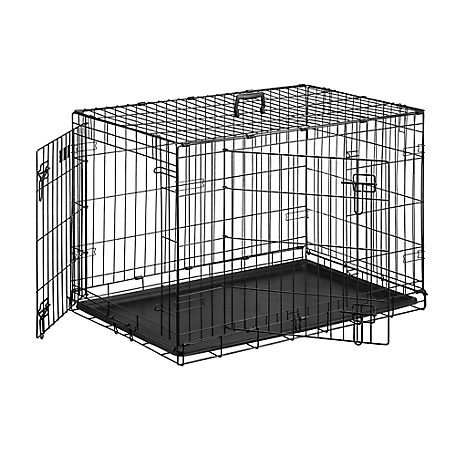
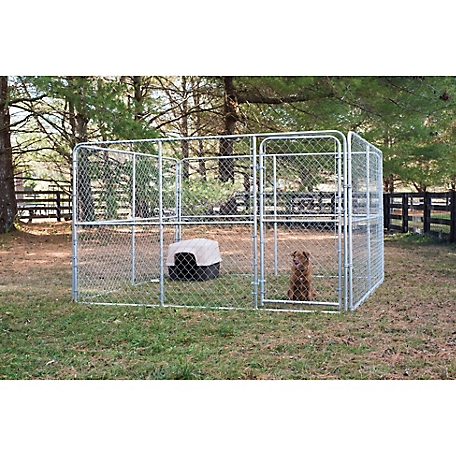
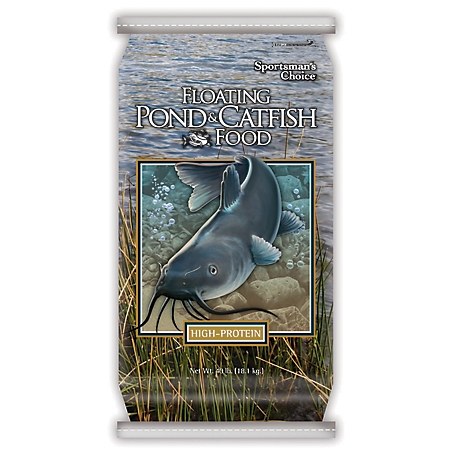

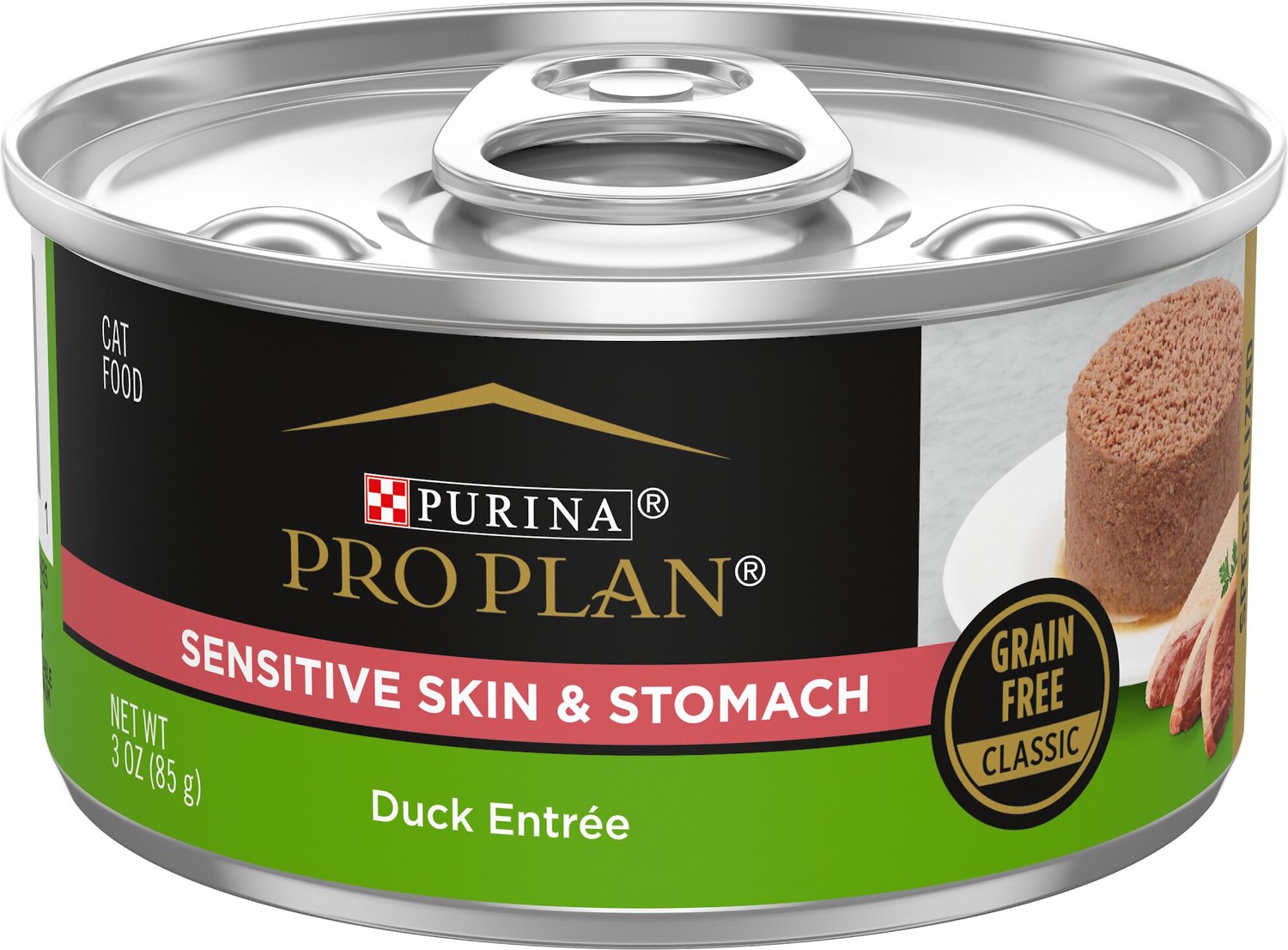
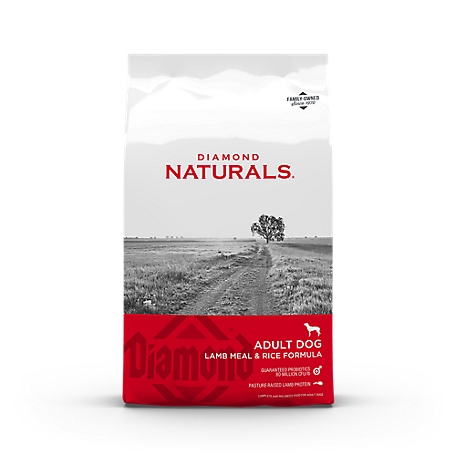


by Mike
I love this pellet! Comparable to the Oxbow Garden Select but my guineas actually prefer this one, I think because it’s smaller pellets. I wish it came in bigger bags but it’s still reasonably priced.
by Anthony
Excellent quality pellets with all the nutrients Guinea pigs need
by Adonia
The piggies like it
by Mirana
Even my pickiest little guy likes these pellets!